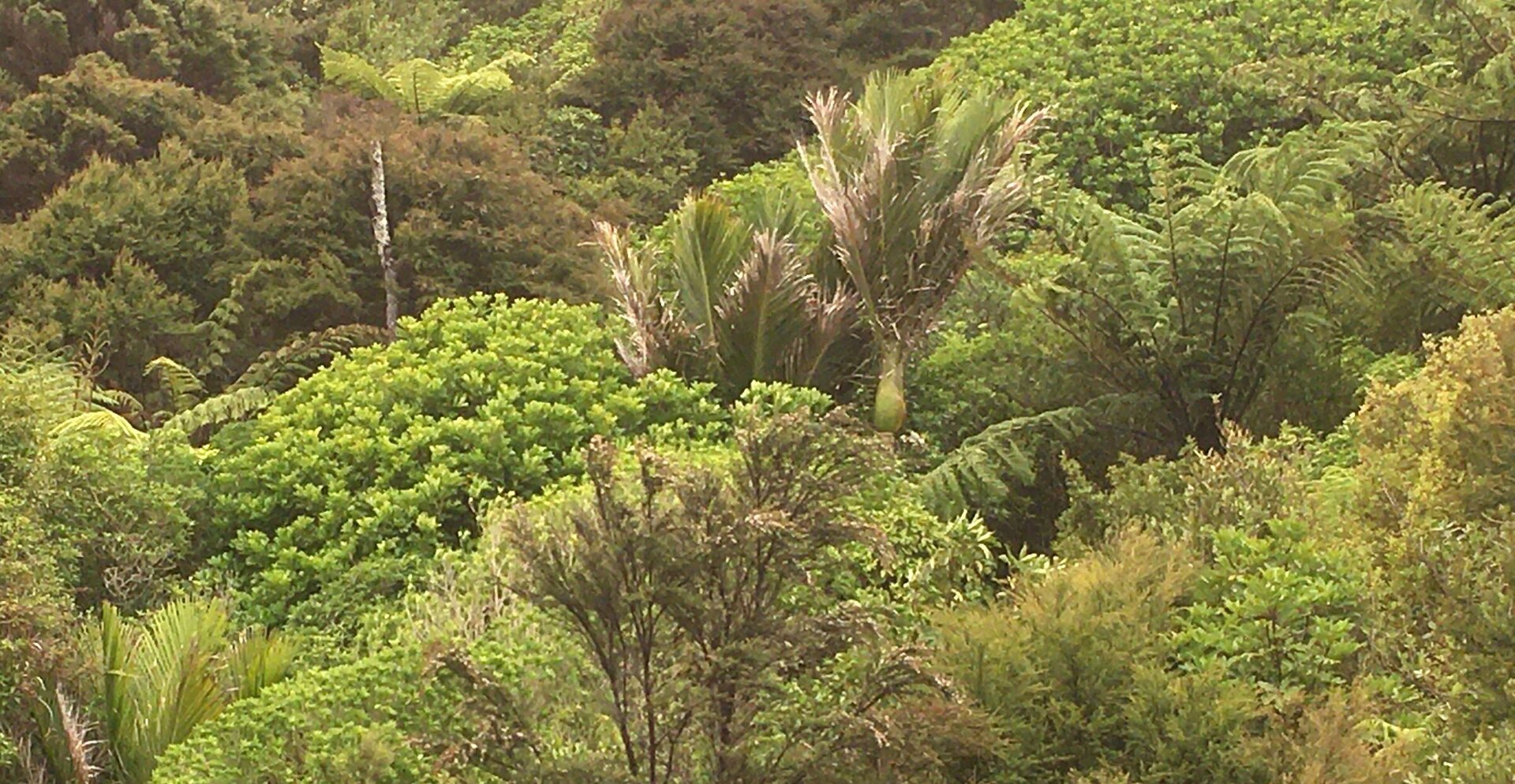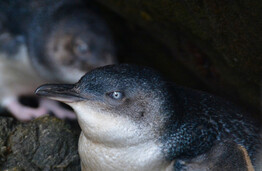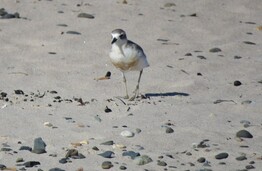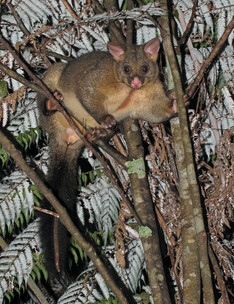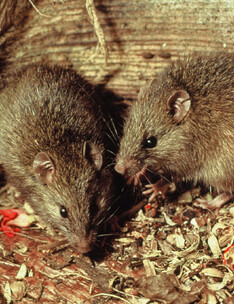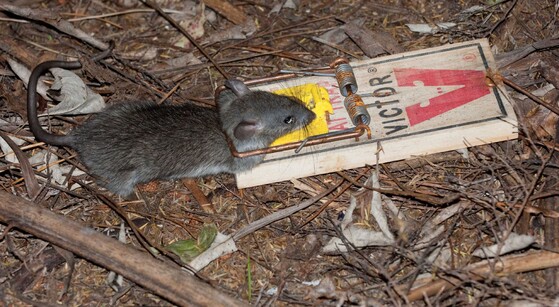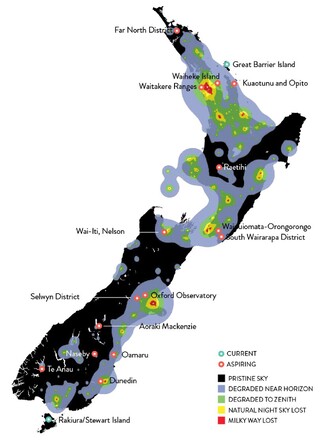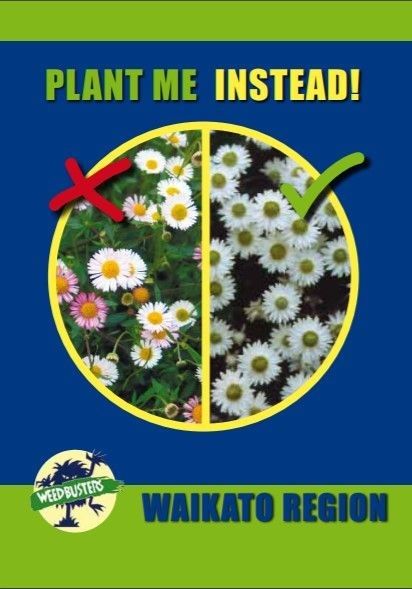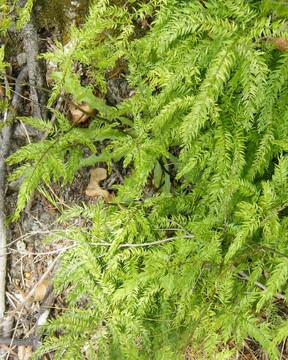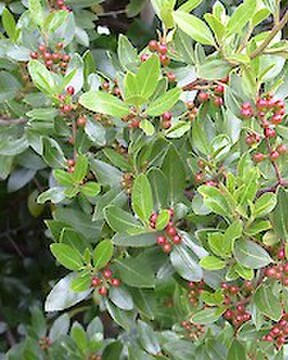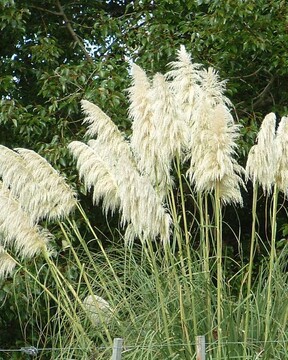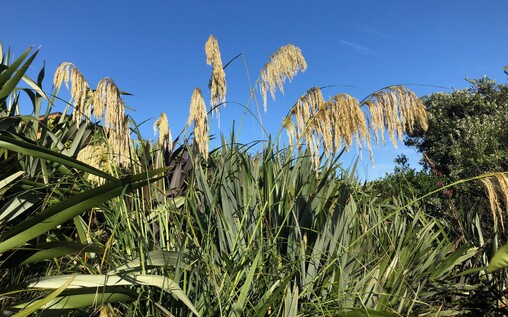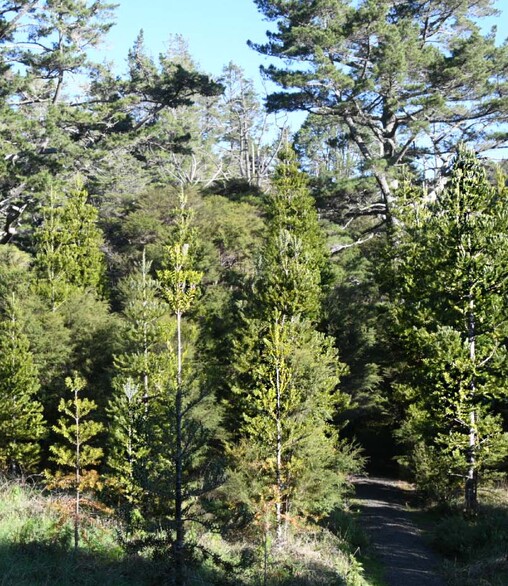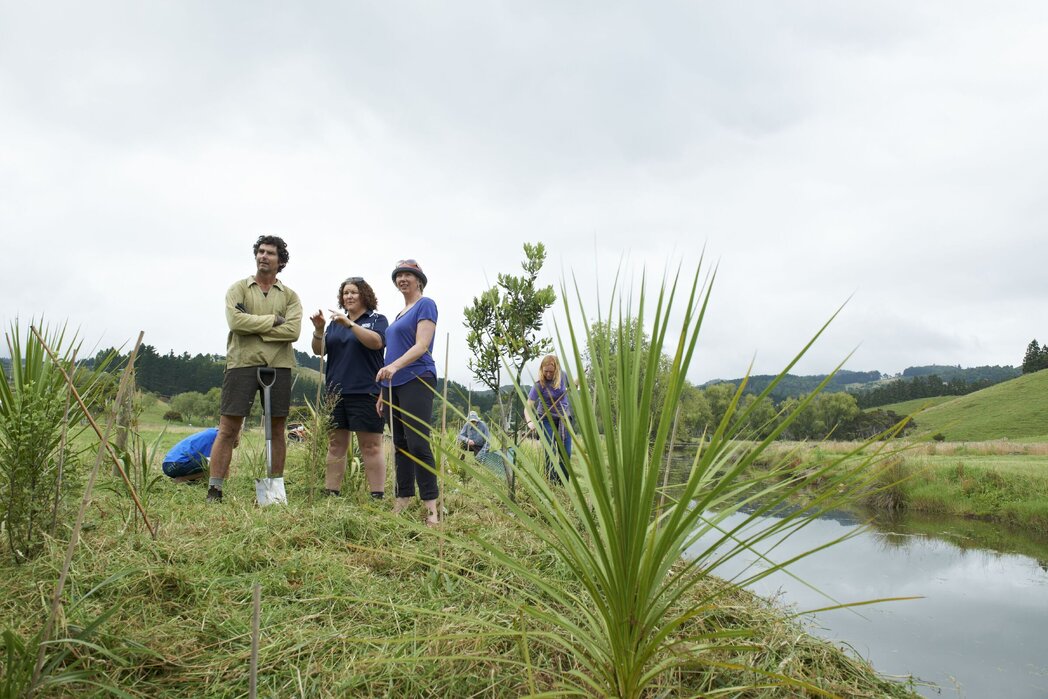Native bush, beaches and dark skies - help us to conserve our piece of paradise
As multiple Community Plan surveys have proven, we value the natural beauty of our environment here in Kuaotunu.
We are happy to share our stunning beaches with dotterels and little blue penguins, and love listening to wild kiwi calling at night from the native bush around us, while we admire the natural beauty of the dark skies above us.
But all of these are under threat, one way or another. Why not join the many people who are already working tirelessly to protect, conserve and restore our beautiful environment where necessary?
At the February 2021 meeting of KRRA (Kuaotunu Residents & Ratepayers Association) a resolution was passed to join a proposed "Biosphere Working Group" (note this a working title only) which will have representatives from:
- the Kuaotunu, Otama and Opito Bay ratepayer associations;
- Ngati Hei (Joe Davis); and
- Department of Conservation.
The aim of this group is to find common goals among the many local environmental groups doing award-winning work on the Kuaotunu peninsula, and to identify a joint way forward, perhaps towards establishing a conservation designation that does not yet exist in New Zealand.
Note that this group has no decision-making mandate. Documents relating to the progress of this group will be posted below.
Join the fight against predators
Thanks to introduced predators such as stoats, rats and possums, many of the native birds that live here wouldn't survive in the wild without help from humans.
Local environmental groups such as the Project Kiwi Trust, the Rings Beach Wetland Group and the Otama Reserves Group work tirelessly to eradicate predators on public or Department of Conservation land.
Predators have no regard for property boundaries however, so if you own a lifestyle or residential property in Kuaotunu, these predators could be calling your place home...
What you can do to help our native birds thrive and prosper
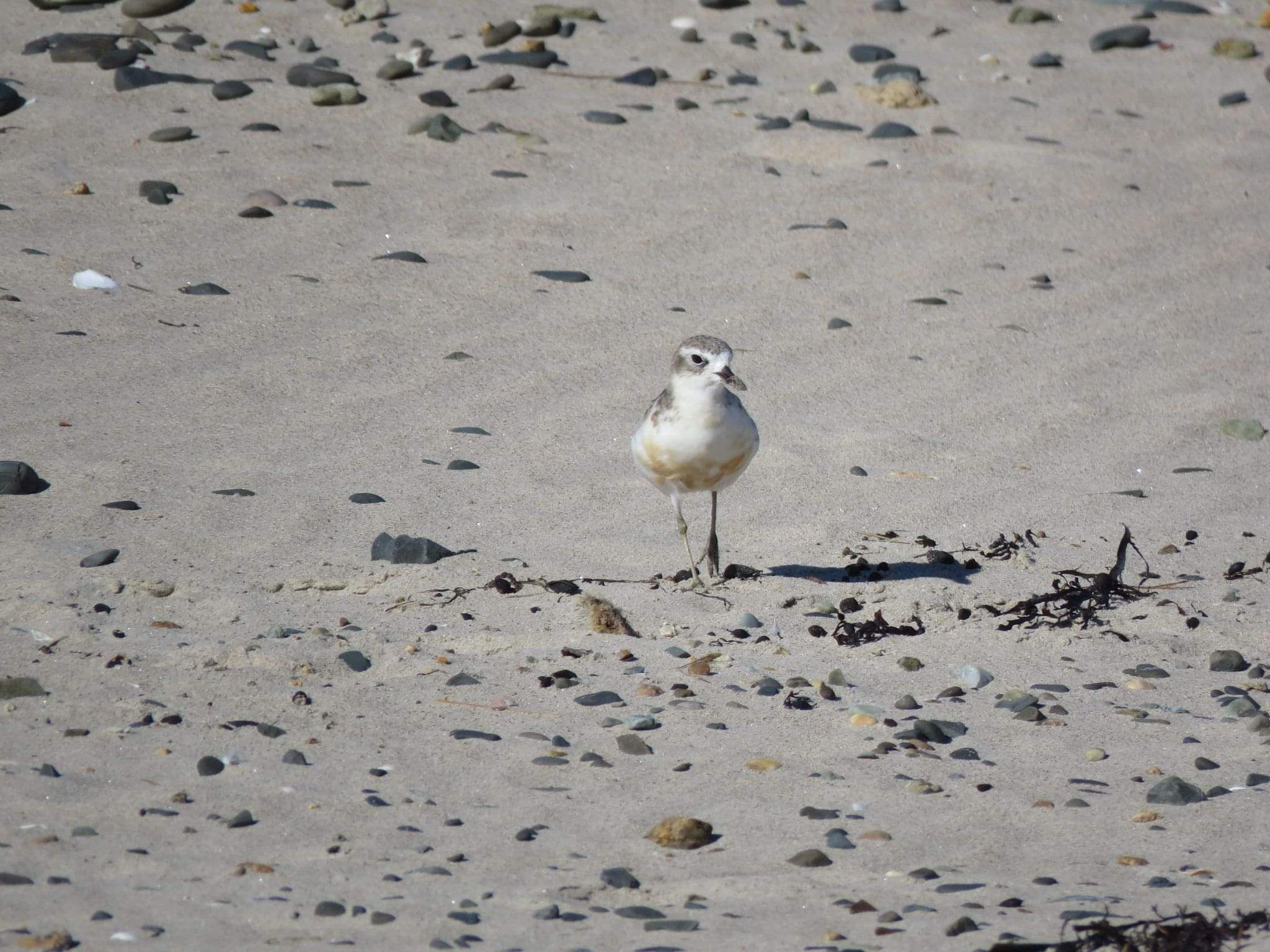
Trap for pests
If you live in a residential property (i.e. you don't need a ride-on mower to mow your lawns), a Kuaotunu Backyard Trappers group has been established with the help of the Predator Free NZ Trust.
The goal of this group is for every residential household (i.e. excluding lifestyle blocks) in Kuaotunu to have a trap in their backyard, to support the intensive predator control work already being carried out by our local environmental groups on surrounding DOC and other public lands.
Contact the Kuaotunu Backyard Trappers for details on how to obtain a trap, and/or to contribute to manning an existing trapping line or setting up a new one.
Not keen on handling dead animals? Use your bach only for holidays?
Don't worry, someone from the Backyard Trappers group will be happy to check, clear and re-bait your trap regularly.
Lifestyle property owners
If you live on a lifestyle property then it's even more helpful if you can support the rest of the community and trap for pests on your property.
Contact the Pitoone East West Trapping group if you would like to participate in this important work.
Be a responsible cat owner
Don't own a cat if you live in or on the fringe of a forest or bush block.
If you must own a cat, feed it well so it doesn't hunt for food, and keep it in at night. They are nocturnal hunters.
Have your cat de-sexed and make sure unwanted kittens are not left to fend for themselves.
Domestic cats are perfectly capable of surviving in the wild because of their natural hunting instincts and excellent night vision, hearing and sense of smell.
Did you know? All of Kuaotunu's environmental groups regularly catch (and humanely dispatch) feral cats in the bush, so they are a very real issue here. Dotterel chicks on the beach are also routinely killed by feral cats.
Be a responsible dog owner
If you own a dog, keep it tied up at night.
Exercise your dog in designated areas, and when it is off the lead, make sure you always know where it is.
If you own a dog, don't assume "my dog wouldn't do that". Remember that a dog is a dog, and there are some things that dogs just DO out of instinct.
Kiwi Aversion Training Sessions for Dogs
Take your dog annually to the Kiwi Aversion training sessions run in Kuaotunu. These sessions take approximately 10 minutes per dog and they are free.
To book one of these sessions, or to register your interest in future sessions, please email Sheila at avertmydog@projectkiwi.org.nz or text her on 021 716514.
Our precious dark skies
"Nothing on this planet evolved with the artificial light we’ve now created"
So says the author of a recent article in the NZ Geographic Magazine which gives a fascinating introduction into why artificial light pollution is becoming a problem today. Kuaotunu is one of the increasingly few places left in New Zealand where people can still see and enjoy the Milky Way in the night sky.
The Kuaotunu Residents & Ratepayers Association is supporting the effort to have the Kuaotunu Peninsula declared a Dark Sky Community.
Do you have any of these plants on your property?
The photos below show some of the most common plant pests that grow in the Kuaotunu area. These are noxious weeds that if left unchecked can rapidly colonise large areas, preventing any other plants from growing there.
Clicking on a photo below will take you straight to the Weedbusters website where you can see other photos of the plant and learn how to eliminate it.
Forest and Bird have also published a very useful Weed Guide that lists common weeds, explains how each weed adversely affects the environment, and offers both organic and herbicide control options for controlling these weeds.
How to tell the difference between pampas and toe toe
Flowers are golden creamy colour
Flowers droop
Leaves do not snap readily
Leaves do not form spirals
Flowers are off-white or mauve-tinged
Flowers are usually on erect stems
Leaves snap readily when given a sharp tug
Dead leaves hang down forming spirals, and mature plants often have dead leaves surrounding the base, which look like wood shavings
Help save our kauri
Kauri dieback disease is a serious problem that is threatening kauri with extinction.
There is no cure for this disease, it can be spread by just a pinhead of soil, and you can't tell by looking whether a tree is infected or not.
While you’re out enjoying local bush walks, please do your bit to protect our local Coromandel kauri from dieback disease. It’s what YOU do that counts:
- Before you leave home, clean your footwear and walking poles, every time, getting rid of every speck of dirt.
- Then use the hygiene stations – going in and again as you come out. (Runners, that includes you!)
- Keep on the track and off kauri roots - dogs too please.
Did you know that the Waikato Regional Council works with landowners on catchment new works and river works?
The council may fund:
- up to 35% of the total cost of fencing, planting, site preparation, labour, erosion control and restoration for eligible catchment new works programmes on private land
- up to 35% of costs for water reticulation where streams/wetlands and springs are being retired from grazing (maximum $5000 total costs)
- up to 50% of work for streams and rivers such as stream blockages.
The council will also help landowners with applications for government grants for large scale planting such as the Ministry for Primary Industry’s One Billion Trees Programme.
Under its catchment new works budgets, the council helps people to plant and fence off sensitive ecological areas, such as wetlands, streams and native bush from stock.
It offers free advice on soil conservation, can help fence off gullies or hill slopes susceptible to erosion, and may be able to assist landowners with retiring and planting these vulnerable areas.
If works funded by the council are impacted by events such as floods then it has a maintenance fund of up to 35% to help landowners reinstate fencing and plantings.
The council is unable to financially assist with works required under resource consents or landscaping projects.
